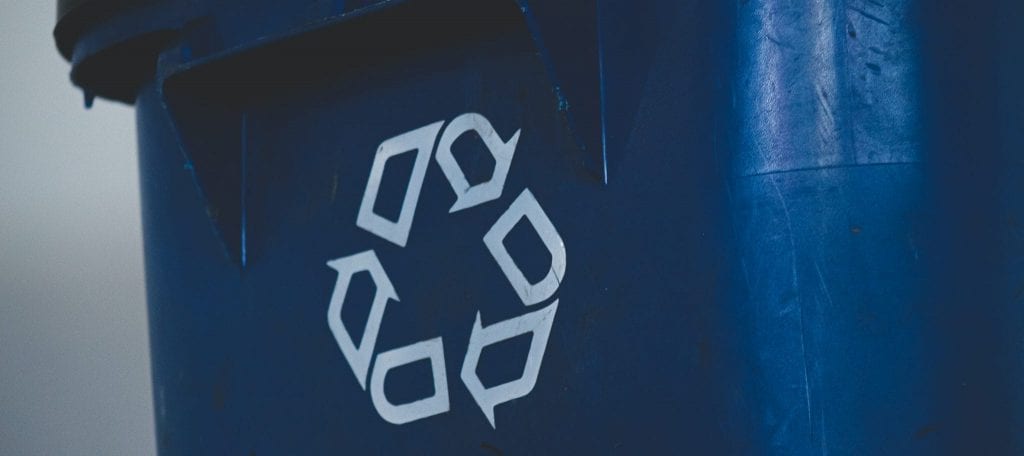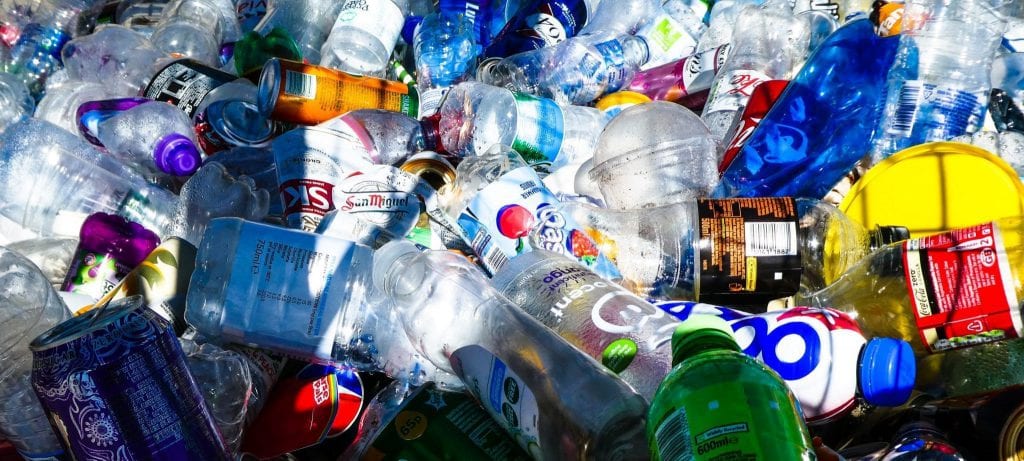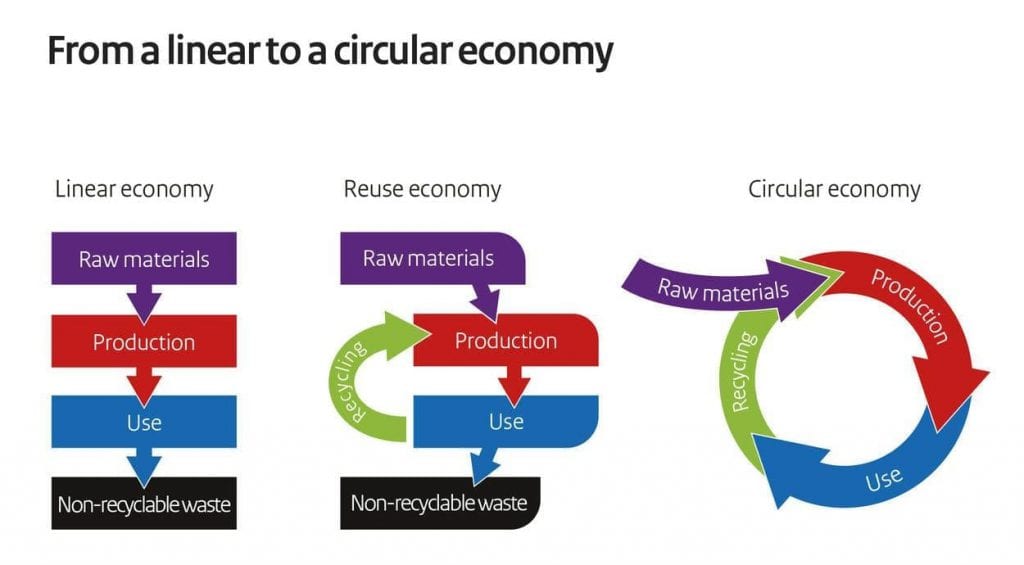
Photograph by Sigmund on Unsplash
Canada recycles just nine per cent of plastic. Some of you may be thinking, “I put my plastics in the blue bin so they should be recycled.” In an ideal world yes, they would be. Unfortunately, instead of recycling and reusing our materials, the majority of collected plastics end up in landfills.
Why aren’t all plastics recycled? To put it simply, most waste plastics aren’t valuable enough. Plastics collected from the blue bin program, labelled 3 through 7, are of low value and would cost more to recycle than the materials are worth.
“There is a clear global challenge around the economics of recycling plastic.”
– Marcelo Lu, President of BASF Canada
Plastic pollution has quickly grown into a global environmental problem. Traces of plastic have been found in the most remote corners of the earth, and plastic pollution affects us all.
Plastic was invented in 1862, our blue box recycling program debuted in 1981, and researchers predict there will be more plastic than fish in our oceans by 2050. At this rate, our current infrastructure cannot keep up with the modern demand for plastic, and our recycling system isn’t working.


Photograph by Nick Fewings on Unsplash
In 2021, we cannot rely on ideas from the past to solve our modern problems. We must innovate, learn from our mistakes, and choose new sustainable solutions.
So where do we go from here?
One of the biggest issues of recycling is the low value of mixed plastics. We can’t recycle these mixed plastics because it’s just too expensive.
But what if it wasn’t?
Valuing plastics with reciChain
Earlier this month, BASF Canada launched a blockchain project, reciChain, in British Columbia. President of BASF Canada, Marcelo Lu, explained BASF’s hope to “revitalize the value of plastics and significantly improve circularity in the supply chain.” Originally piloting in Brazil, BASF redistributed the value of plastics and incentivized recycling among stakeholders.
Our current plastic management system operates on a linear economic model. We use raw materials to create a product which becomes non-recyclable waste after its use. On the other hand, a circular economy prioritizes reusability and minimal plastic waste.


Infographic by Government of Netherlands
By transitioning to a circular economy model, we can reduce plastic waste while maximizing its value and improving resource efficiency.
Watch this quick video from the Ellen MacArthur Foundation to learn more!
What’s Next?
If reciChain proves successful, BASF hopes to expand this project into a national effort which could set Canada up as the leader in recycling and plastic recovery!
reciChain is one of many great initiatives working to reduce plastic pollution and create a better world for our future. All across Canada there are amazing organizations working locally to reduce plastic pollution. Check out our national database to find ocean warriors near you!
As always, stay up to date on the latest news on innovation and plastic pollution by following us on social media!
